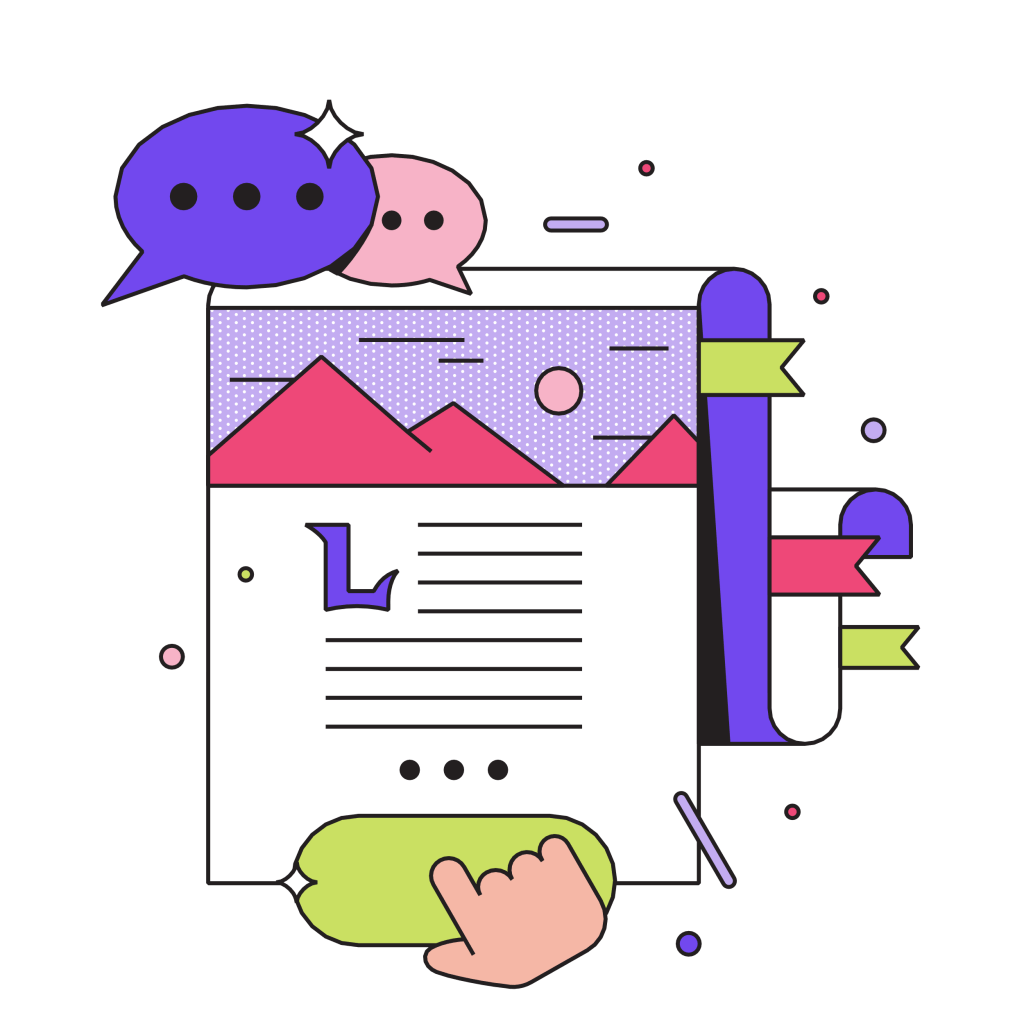In summary, on-page SEO is a crucial component for the success of your website, impacting how well your pages rank in search engines and how effectively they engage users.
Try our free audit to validate these factors for your website.
On-page SEO is a key foundation to achieving successful search marketing results. These search optimization techniques are a natural part of the process for creating website pages that can be read by the search bots. The better your content is digested by Google, you’re a steps closing to better website visibility.

Effective on-page SEO helps search engines comprehend the content and context of your web pages, thereby improving the likelihood of ranking higher in search results—translation: increased organic traffic, better user engagement, and higher conversion rates for businesses.
By meticulously optimizing elements like page titles, meta descriptions, headings, URLs, images, internal linking, and schema markup, businesses are taking constructive steps to boosting search results. Better search results tend to positively influence more site visitors and an opportunity to gain a competitive edge in their respective industries.
These simple techniques should be applied to every page on a website. Here is a summary of actionable items that provide a detailed roadmap for optimizing each on-page element, improving a website’s overall SEO performance.

Page Title Optimization
Page titles should be compelling, concise, unique, appropriately long, and optimized for the primary keyword. The placement of the keyword towards the front of the title is also recommended for better relevance in search results.
Summary:

Heading Optimization
Headings help structure the content and make it easier for users and search engines to navigate. Only one H1 tag should be used per page, and it should be attention-grabbing and relevant to the user’s search intent. Including the primary keyword in the H1 tag is considered good practice.
Summary:

Meta Description Optimization
While not a direct ranking factor, meta descriptions are crucial in user click-through rates. They should be engaging, unique, and contain the primary keyword. Keeping them within 50–160 characters is advised to avoid truncation in search results.
Summary:

URL Optimization
URLs should be user-friendly, concise, correctly punctuated, and consistent, and keyword repetition should be avoided. This helps users and search engines understand the page’s content more clearly.
Summary

Image Optimization
Images’ alt-text is important for accessibility and SEO. It should describe the image accurately, be concise, and include keywords if possible. This helps search engines understand the content of the images and can improve the chances of appearing in Google Image Search results.
Summary

Internal Linking
Linking to other pages within the same domain is vital for Google to discover and index new content. Internal links should be relevant, have descriptive anchor texts, and be strategically placed to distribute PageRank effectively across the site.
Summary
In summary, on-page SEO is a crucial component for the success of your website, impacting how well your pages rank in search engines and how effectively they engage users.
Try our free audit to validate these factors for your website.
We focus on delivering a balanced set of cost effective digital marketing services tailored to your needs and current situation. We can save you time and money so you can do what you do best. Rather than having multiple people juggling parts of your business, bring it all together under our A.I. Enhanced Agency Hub.
Where do you need better results? Complete the form. We’ll send free guides and are ready to talk when you are!
A single point solution, fully integrated from lead acquisition to long-term donor retention. Our end-to-end agency solution will generate revenue and internal efficiencies for your organization

Dedicated support from our experienced team

Access to your dashboard to review and suggest changes

Statistics to see your business growth

Regular meetings with our experts